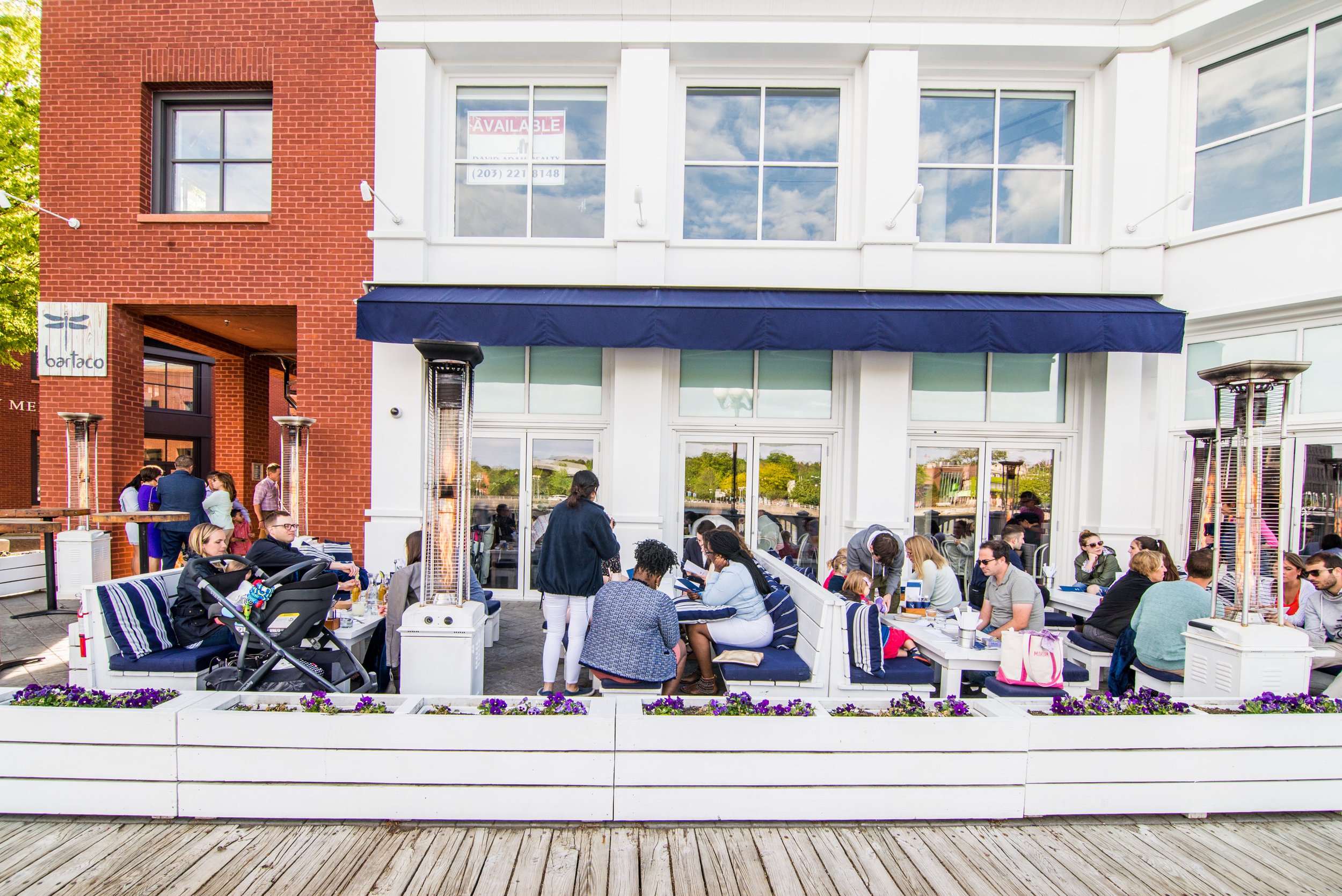Restaurant Owners: Beware of Sustainability Requirements in Restaurant Leases
Landlords are becoming increasingly environmentally conscious in their real estate projects and operations, often at the insistence of investors. To meet their goals, landlords may try to pass certain green obligations on to tenants through sustainability provisions in their leases. However, restaurant owners need to be wary of sustainability clauses in which failure to comply would put them in default on the lease and possibly lose their restaurant.
Landlord Sustainability Goals
National and other large landlords often have sustainability mandates from their investors looking to have more environmentally conscious projects on their books. Whether to satisfy investor directives or their own green objectives, landlords of all sizes may look to achieve LEED certification or meet other sustainability standards at some or all of their properties. To achieve LEED certification, a property must earn points across a variety of disciplines, from energy usage to waste management to the building envelope. Some landlords’ goals include working toward carbon neutrality. This generally entails measuring their carbon footprint, modifying practices to make their operations more efficient, and purchasing credits through a carbon offset provider to make up for their greenhouse gas emissions. The goal is to channel the funds to conservation projects that remove an equal amount of carbon from the air.
Restaurant Operations
Many restaurant owners would like to do their part for the planet. Some even make sustainability a core part of their mission. For instance, bartaco, a national upscale street food restaurant started and based in Connecticut, is committed to sustainability across its operations. bartaco uses energy-efficient LED lighting and reclaimed wood in all of its locations and bamboo utensils, compostable bowls, and biodegradable chip bags for takeout orders. The restaurant group has also achieved carbon neutrality by purchasing credits to offset 11,000 metric tons of emissions across its footprint.
However, sustainability is particularly challenging for restaurants, which by nature are not environmentally friendly. Restaurants consume large quantities of energy and water and generate a high volume of emissions, food waste, and other types of waste. Therefore, a landlord’s stringent sustainability goals may be unrealistic for the average restaurant. Still, even for those that could comply, we discourage them from making this a material condition of their lease, as they may result in the restaurants having to change their operational standards.
Landlord Goals and Provisions
Landlords may seek to pass green obligations on to tenants by mandating limits for energy and water usage, food waste, and other trash, as well as imposing recycling requirements. But restaurants should refrain from signing a lease that contains provisions stating that failure to meet sustainability requirements can result in their defaulting on the lease.
While a landlord may insist that it needs a restaurant’s cooperation to meet its sustainability goals, the restaurant should respond by pointing out other ways the landlord can achieve its objectives. For instance, the landlord can buy energy credits to work toward carbon neutrality, without the need for contribution from the restaurant tenant.
If the landlord remains insistent and the prospective tenant wants to close the deal, a compromise may be possible. The restaurant can commit to trying to comply with the landlord’s sustainability practices, provided it does not adversely impact operations, or offer to contribute to purchasing a specific number of credits toward carbon neutrality. The restaurant can also agree to meet the landlord’s recycling requirements, provided they are not overly egregious, and/or participate in a food share program to reduce waste.
It's important to note that leases often contain provisions that allow landlords to reasonably change their rules and regulations related to tenant requirements as new trends occur. With such a provision, landlords may, at any point, say to the tenant, “Now you have to abide by this new scenario.” Therefore, restaurant owners should insist on a clause stating that the landlord cannot materially change the tenant’s sustainability obligations under the lease, which would result in additional expenses and operational hurdles for them.
In cases where the government passes a new law, there is often a grandfather clause stating that existing uses are exempt from compliance with it. If the government doesn’t mandate compliance, the landlord cannot either if the tenant has the appropriate language in its lease.
Before entering into a lease agreement, restaurant owners should seek counsel from an attorney experienced in commercial real estate law and the restaurant industry.
Eric D. Bernheim, a managing partner at FLB Law in Westport, Conn., represents local restaurants and national hospitality groups, as well as developers, municipalities, lenders, and individuals, in transactions of all kinds, including leases, acquisitions, dispositions, and financing, in addition to handling zoning and land use matters. Contact Eric at bernheim@flb.law or 203.635.2200. For more information about FLB Law, click here.

